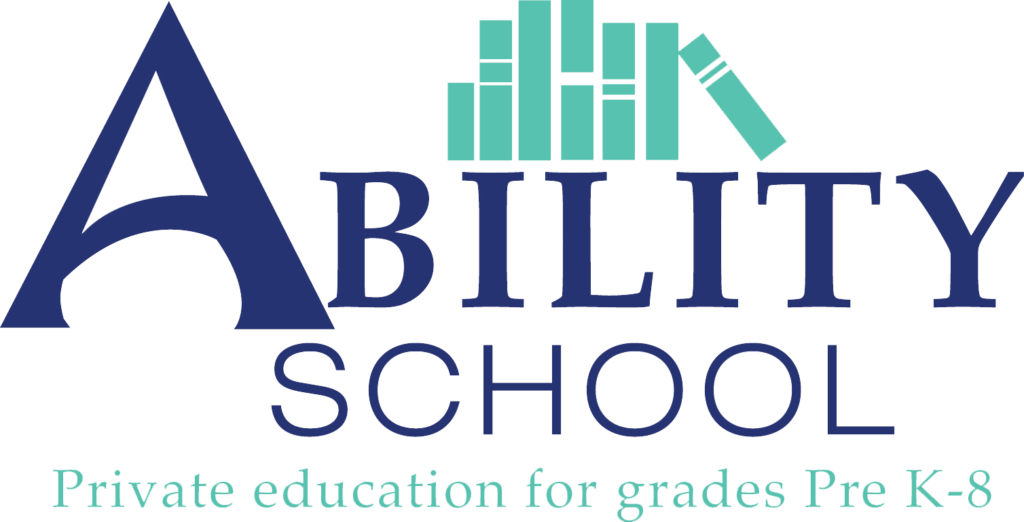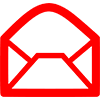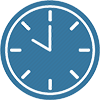Faqs
What is Applied Scholastics?
Applied Scholastics is an international educational organization that is nonreligious (secular) in nature. It was established by American educators in 1972 to promote and develop programs of effective education for educators, business trainers, tutors, parents, children and any individual who needs improved study skills to enhance his or her scholastic, business and personal activities. In the United States, it is a non-profit, tax-exempt corporation.
What does Applied Scholastics do?
The job of Applied Scholastics is to place the Study Technology developed by humanitarian, philosopher and educator L. Ron Hubbard into the hands of the world’s students and educators. It provides educators, governments, vocational trainers, community groups, parents and students with the learning tools they need to overcome the barriers of illiteracy and to enhance their abilities to understand and utilize written materials which they must deal with in all aspects of their lives.
What is Study Technology?
Study Technology, researched and developed by L. Ron Hubbard, is a unique program enabling a student to overcome the basic barriers to studying and learning any subject so that he can understand and retain the data which he is trying to absorb and can effectively put into application the material which he has been studying.
Study Technology is an exact system which teaches one how to learn. It includes the identification of the specific barriers to learning, the tools to help a student grasp the material being studied, and the means to organize the basic learning environment toward the attainment of better results for both the student and teacher. It can be used to create a highly efficient and self-paced learning environment. Understanding and learning to bring about an ability to apply what one has learned is fundamental to Study Technology.
Study Technology gives the student the techniques and understanding which enable him to take increased responsibility and control of his own learning process.
What is the relationship between Applied Scholastics and the Church of Scientology?
Applied Scholastics is an independent, non-religious (secular) charitable educational organization utilizing Mr. Hubbard’s writings in the field of education. We are licensed by the Association for Better Living and Education International (ABLE) to use Mr. Hubbard’s educational methods and Study Technology in education-related fields. In turn, Applied Scholastics licenses organizations which directly apply the Study Technology in schools, training programs and tutoring projects in many countries and communities.
Applied Scholastics does not promote or recommend any religious path. Indeed, throughout the world, Applied Scholastics affiliated organizations deliver Study Technology to members of all faiths, including Christianity, Judaism, Islam, Hinduism and Buddhism. Mr. Hubbard’s Study Technology is a vital tool for the learning of any subject. As the name implies, it is a technology of study, used to improve one’s ability to understand and apply whatever information one is seeking to learn. It is a wholly secular technology for use by any person in any field.
The Church of Scientology and its members have been extremely assistive in the areas of support, volunteering and finance in order to help Applied Scholastics to achieve its purpose of providing strong and effective educational methods to any who thirst for knowledge throughout the world. We are thankful for their support and proud of our mutual work for the benefit of others.
What is the basis of L. Ron Hubard’s qualifications as an educator?
Not only was Mr. Hubbard one of the most prolific and successful wordsmiths of all time, with a long history of publications in diverse media and numerous best-selling fiction books, he was also extremely well grounded in the philosophies and humanities and in the rigorous methodology of the physical sciences. As a man of letters as well as a researcher into the problems of the human condition, as early as 1950 Mr. Hubbard expressed his deep concern over the poor quality of our so-called “modern” education. At that time he warned:
“Today’s children will become tomorrow’s civilization. The end and goal of any society as it addresses the problem of education is to raise the ability, the initiative and the cultural level, and with all these the survival level of that society. And when a society forgets any one of these things it is destroying itself by its own educational mediums.”
Later, in the mid-1960s, when attempting to teach advanced and supposedly highly literate students about his discoveries relating to the mind and spirit, Mr. Hubbard realized that the lack of an actual technology of how to study was preventing their rapid and effective duplication and understanding of the material which they were attempting to study. By that time it had become increasingly apparent that the deficiencies in the day’s educational programs were leading to increasing rates of functional illiteracy and generating mounting social problems. So Mr. Hubbard embarked on a program of step-by-step research into the area of education. The product of that research is the Study Technology promoted today by Applied Scholastics and used by teachers, students and individuals throughout the world.
Does the use of Mr. Hubbard’s Study Technology create any problem at all in those countries which prohibit or separate religious activities from government-sponsored activities (such as public school)?
No. Study Technology delivered by Applied Scholastics and its licensed organizations is wholly secular. The technology exists for a teacher to use in presentation of whatever subject is being taught and for students to use to improve comprehension and the ability to apply whatever is being studied. Whether it is the teaching of basic reading, writing and arithmetic skills, languages, history or social science or the physical sciences, Study Technology in use by both the teacher and the student improves the student’s grasp of and ability to use the subject. Consequently, it facilitates any curriculum chosen by a school or school system.
How effective is Study Technology?
Students who learn and apply Study Technology consistently achieve remarkable improvements in their scholastic progress. Numerous studies have demonstrated these results: In Mexico City, for example, Study Technology was introduced into a private high school in which one class had a 95% failure rate on their material. After the students learned to use Study Technology, the same class achieved a 90% passing rate.
A study undertaken in England found that students improved their reading levels by 1.3 years after only ten hours of study using Mr. Hubbard’s study procedures.
A literacy program in South Africa produced an average gain in reading level of 2.25 years. In the same country, the pass rate of students enrolled in 19 government schools increased from 43 to 78 percent after the Study Technology had been in use for only six months.
Also in Southern Africa, Education Alive, an Applied Scholastics affiliated organization, introduced Study Technology into a teacher’s college. The dropout rate for teacher trainees fell dramatically, to only 2 percent, as a direct and immediate result of the program.
In Los Angeles, California in the United States, students at a school which uses Study Technology throughout its curriculum regularly score 30% above the national average on pre-college aptitude tests. Their 4th grade students consistently score to one or more grade levels above the norm in reading, math and language on standardized achievement tests.
How widespread is the use of L. Ron Hubbard’s Study Technology?
Study Technology is used around the world. Applied Scholastics, itself, has a network of over 650 centers and schools in more than 65 countries. Literacy tutoring centers operate in the inner-city areas in major U.S. population centers such as Los Angeles, New York City and Washington, D.C. Currently more than 30 similar community education programs are delivering this technology in the U.S., Canada, Australia, Malaysia and New Zealand. These programs, bringing education to deprived ethnic groups and indigenous races, give them the vital skills and basic education necessary for an individual to operate successfully in today’s societies.
In terms of sheer numbers, in South Africa, Education Alive has introduced Study Technology to more than 1.5 million students and to tens of thousands of teachers. Since 1984 Applied Scholastics has trained more than 5,000 teachers in the People’s Republic of China. Since 1994, over 10,000 teachers in Zimbabwe have received training in Study Technology. Since 1995, over 10,000 teachers and students of schools and colleges in Mexico have been trained on the basics of Study Technology. In the United States, over 4,000 teachers have been trained in the use of Study Technology in their classroom. In addition, at the request of the Secretary of State for Education of The Gambia, Study Technology has begun to be implemented in the whole school system with the initial training of over 5,500 teachers — almost all the English speaking teachers in the country. Similar implementations have since been requested in Sierra Leone and Liberia.
This is only a sampling of the international use of Mr. Hubbard’s Study Technology, which Applied Scholastics and its affiliated organizations deliver around the globe.
Are Applied Scholastics programs only for children or those with low education levels?
The answer to both questions is “No!” Applied Scholastics programs service both adults and youth; they provide the vitally needed technology of how to study effectively to people at a wide range of educational levels. True, Applied Scholastics programs are often established to provide education and literacy skills to portions of the population which have been routinely excluded from such knowledge due to the decay of school systems, the rot in our inner cities, and, often, to the impact of prejudice on providing services to an area’s population. But Applied Scholastics has a broader reach than these vital activities. Persons seeking to learn a foreign language find that Study Technology helps them to open this door. Academically advanced students — such as those in college and universities — find Study Technology invaluable as they struggle with the extensive and often complex materials in their chosen courses of study.
Numerous businesses around the world have found Applied Scholastics affiliated programs to be essential in educating their labor forces and in stabilizing and raising company productivity.
Do Applied Scholastics programs use volunteers?
Yes. Community literacy and mentoring programs particularly need the help of volunteers. Training in tutoring and other educational skills using Study Technology is available to volunteers in these programs.



